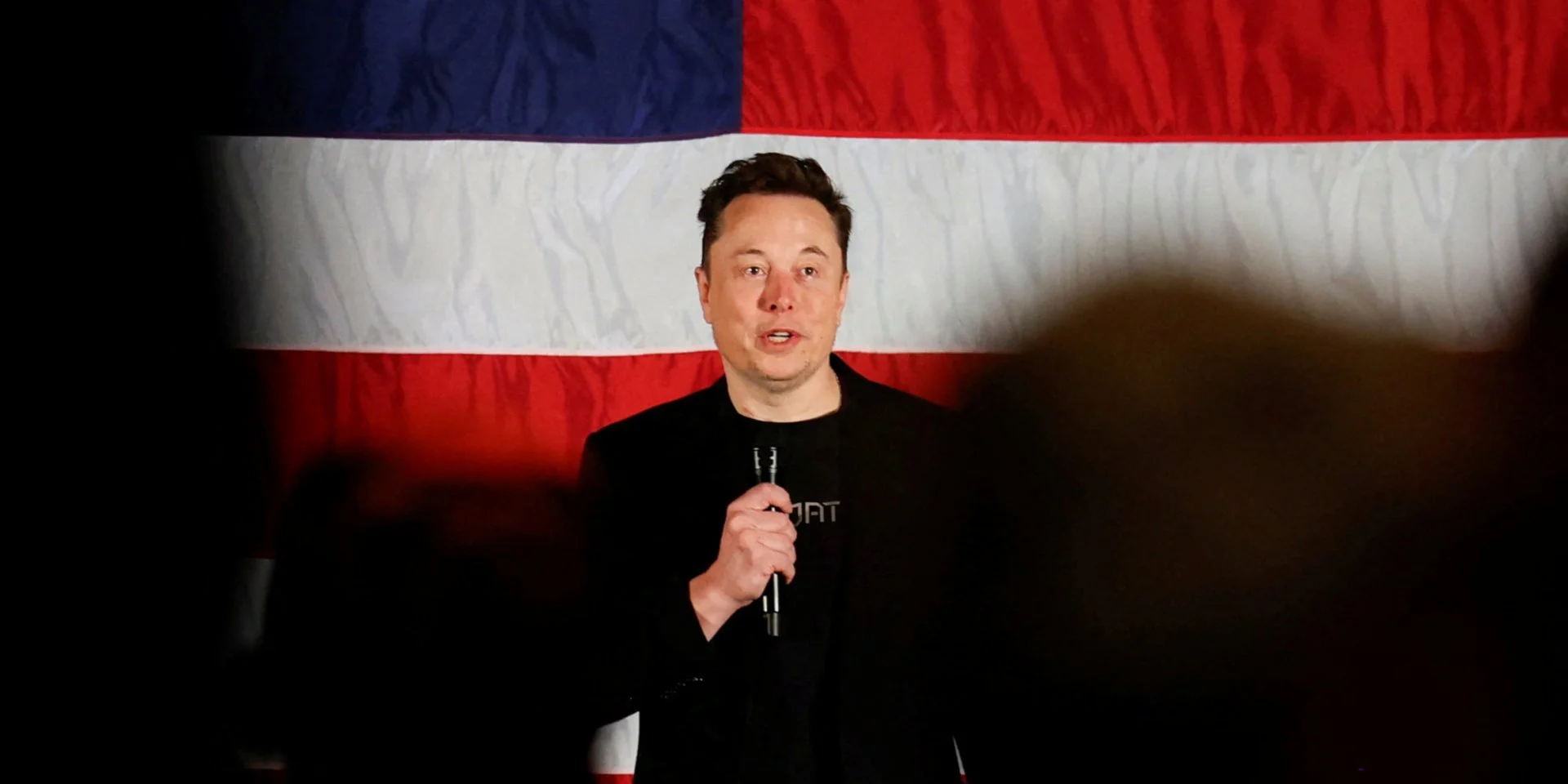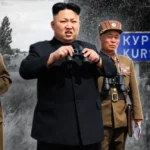Philadelphia has come into the spotlight due to a lawsuit filed by district attorney Larry Krasner against Elon Musk and his political group America PAC. The essence of the case is the daily distribution of one million dollars to registered voters. Krasner insists that such an action may violate Pennsylvania state laws and mislead voters.
Meanwhile, the discussion has escalated worldwide: is it considered democracy when such blatant attempts to buy voters are made? And how should laws regulate this? Are the actions being demonstrated by Elon Musk now, considered illegal?
Lawsuit Essence: Is the lottery illegal?
According to the Philadelphia district attorney, Pennsylvania state law requires all lotteries to be governed and monitored by the state. Musk and America PAC organized a daily lottery where random winners receive one million dollars. The prosecutor emphasizes that this initiative goes against state control over lotteries and should be stopped.
In addition, Krasner highlights that the rules of this distribution are not only “deceptive” but may also not comply with consumer protection laws. This has become an additional basis for the lawsuit.
Musk and His Team’s Response
As of today, Musk’s team has not commented on the lawsuit. Instead, they continue with the daily announcements of winners’ names. The latest winner was a voter from Michigan who received his one million dollars. Musk stated that the selection of winners is random. However, Krasner’s lawsuit mentions that individuals who have participated in Donald Trump’s rallies have repeatedly appeared among the winners, raising doubts about the impartiality of the selection.
Political Context: Lottery or a way to influence voters?
Krasner’s lawsuit does not include allegations of vote buying, but the US Department of Justice has warned America PAC about possible violations of federal law. This raises additional questions about the impact of such distributions on voters in “key” states. Although the law prohibits vote buying, the very idea of daily payments to registered voters has sparked political debates.
Despite Musk and his team continuing the campaign, legal proceedings may call into question the legitimacy of these payments. If a court finds Musk and his committee’s actions to be in violation of the law, it would set a serious precedent and could affect similar political initiatives in the future.


